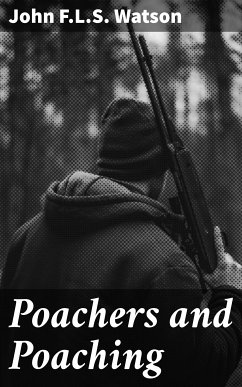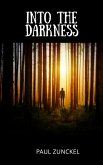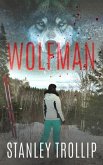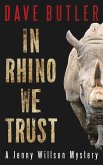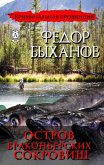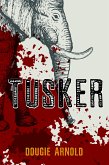In "Poachers and Poaching," John F.L.S. Watson intricately explores the multifaceted dimensions of wildlife poaching, weaving a narrative that is part investigative journalism and part poignant social commentary. Through a compelling juxtaposition of personal stories and factual data, Watson delves into the ecological, ethical, and economic implications of poaching, articulating the urgent need for sustainable practices in wildlife conservation. The book'Äôs literary style is both lucid and engaging, characterized by vivid imagery and poignant anecdotes, making the complex subject of poaching accessible to a broad audience while maintaining scholarly rigor in its analysis. John F.L.S. Watson, a seasoned wildlife conservationist and journalist with years of field experience, draws upon a rich tapestry of personal encounters and expert interviews that inform his passionate stance on wildlife preservation. His extensive travels have afforded him unique insights into the communities affected by poaching, as well as the intricate relationships humans have with nature. These experiences have equipped Watson with the empathy and urgency needed to address such a critical global issue in his writing. "Poachers and Poaching" is a must-read for anyone interested in environmental conservation, ethical wildlife management, or the socioeconomic ramifications of poaching. This book not only educates readers about the dire consequences of this illicit trade but also empowers them to think critically about their role in the conservation movement. Watson'Äôs poignant prose and thorough research make this work an invaluable resource for scholars, activists, and curious minds alike.
Dieser Download kann aus rechtlichen Gründen nur mit Rechnungsadresse in A, B, BG, CY, CZ, D, DK, EW, E, FIN, F, GR, H, IRL, I, LT, L, LR, M, NL, PL, P, R, S, SLO, SK ausgeliefert werden.

